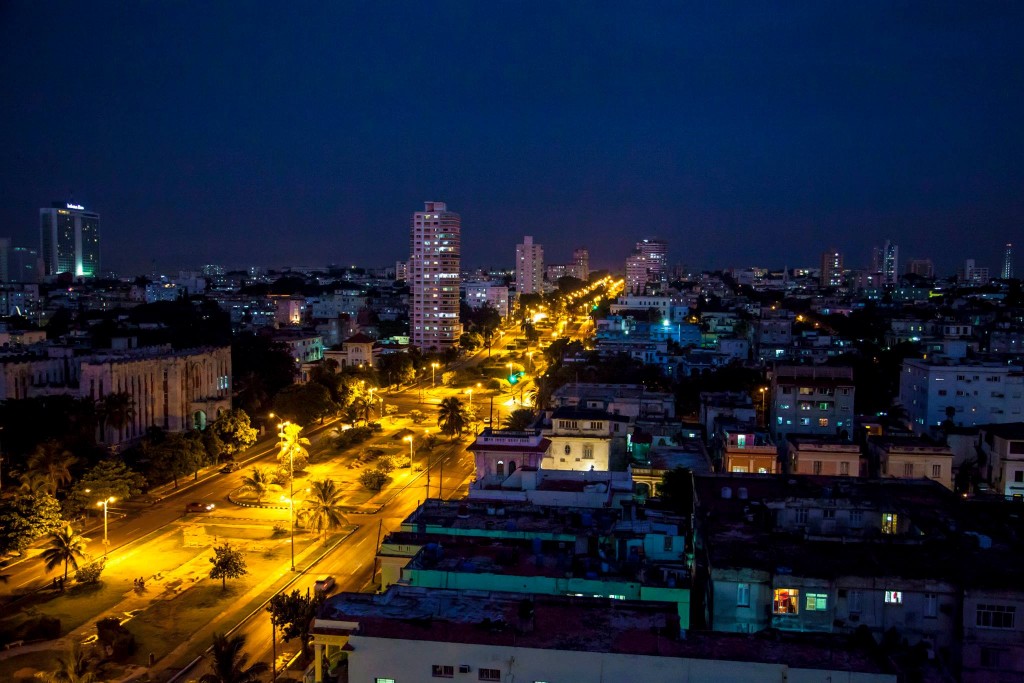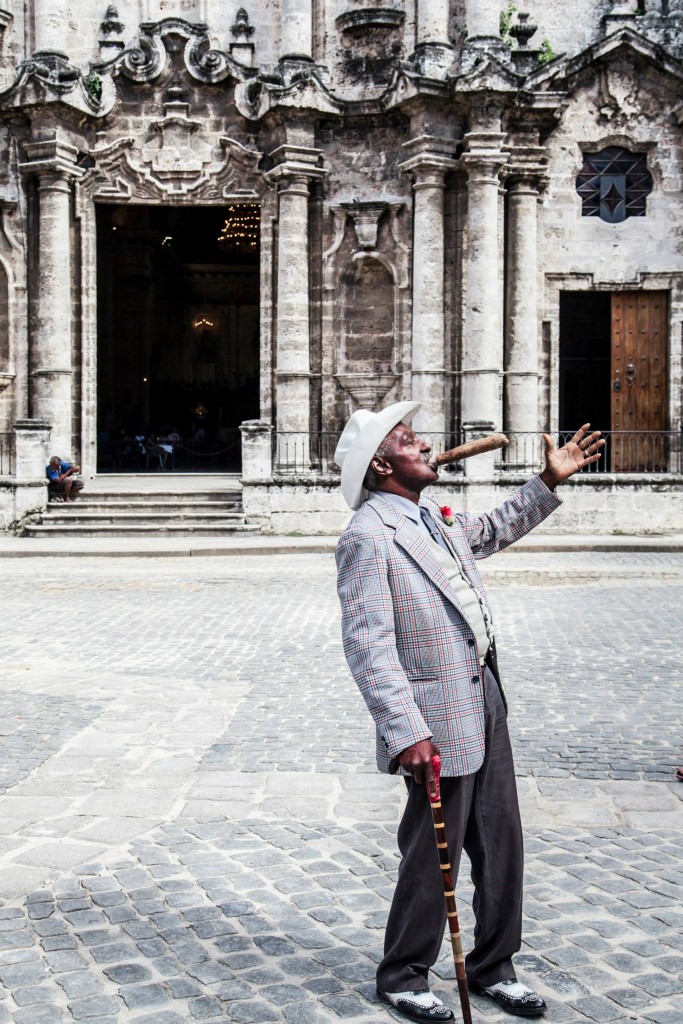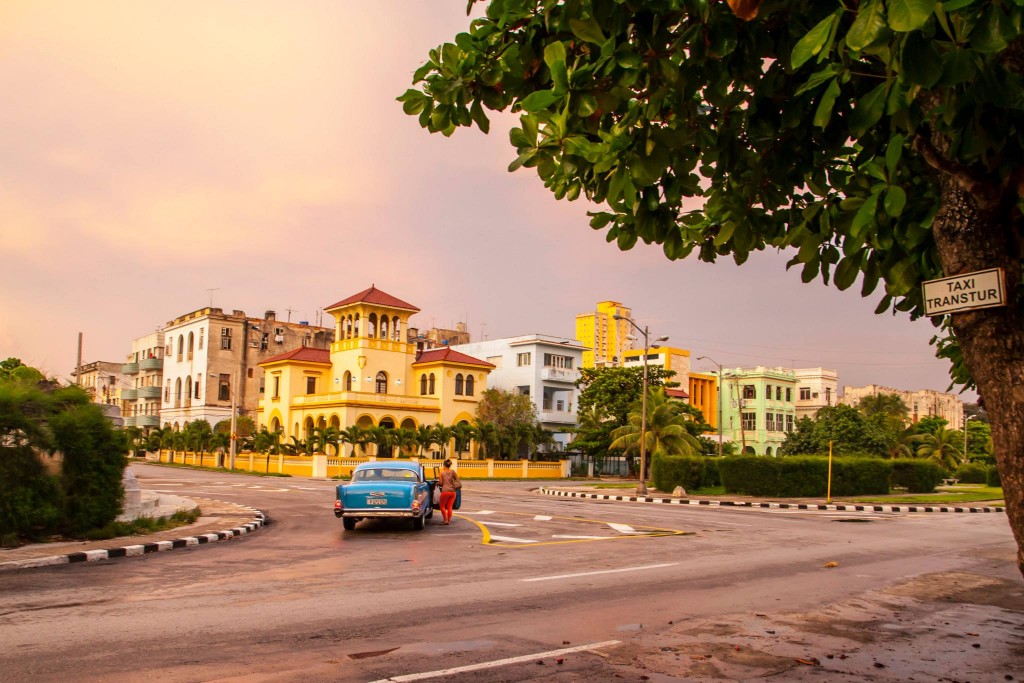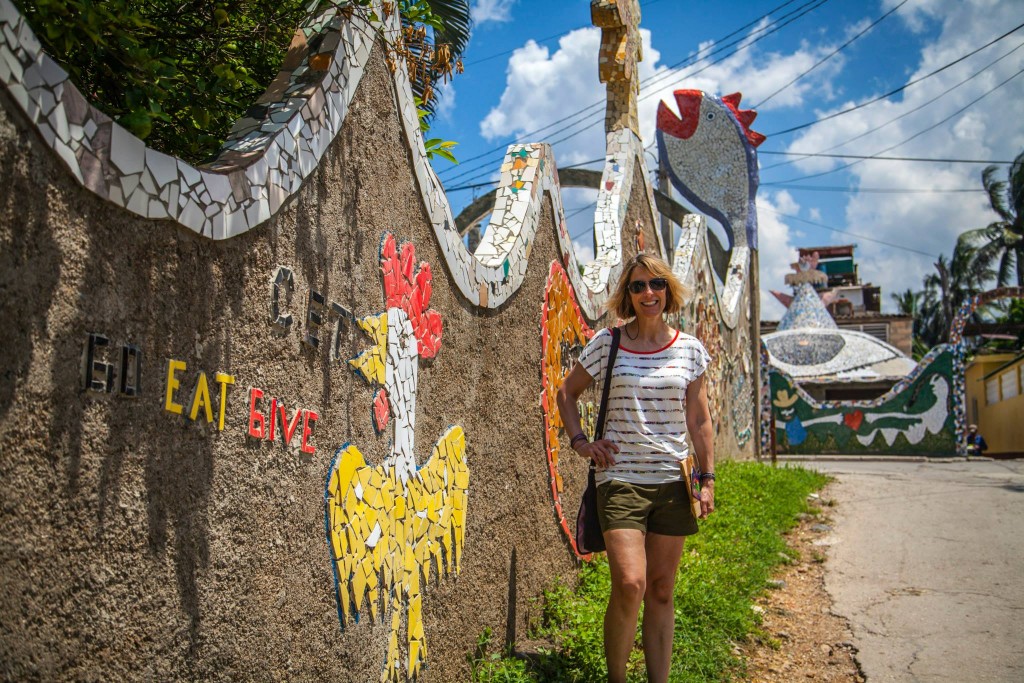Much has been written about the ruin of previously unspoiled travel destinations due to the overwhelming popularity of the very things that made them desirable to begin with: Natural beauty unmarred by hotel high-rises; arts as opposed to mass-produced memorabilia; culturally unique traditions that do not mock their practitioners; and economics based on something other than vacuuming money out of the pockets of visitors.
In a world where large numbers of travelers have the means to seek trophy destinations, it’s hard to find a place worth visiting that hasn’t already succumbed to a tourist culture. The irony is that every time someone like me writes of such a place, we are helping to destroy it.
Cuba is on the precipice of such a change. Since the introduction of tourism in the 1990’s (a desperate means of pulling the country out of depression after the collapse of both the sugar market and its economic benefactor, the Soviet Union), Cuba has survived. It is the influx of tourist money from Europe and Canada that has eased Cubans’ economic pain. As a result, some of the by-products of tourism are evident. The arts are being exploited; street performers live off tourist areas; and even the old cars are now used for souvenir photographs rather than as a means of transport. It’s been the limits on American tourism that have kept Cuba from completely falling over the precipice. It is expected that America will continue to loosen travel restrictions and my travel to Cuba is part of the inevitable commercialization that could turn what is still an utterly unique and beautiful country into a parody for the benefit of paying visitors.
Having acknowledged my role in Cuba’s potential cultural demise, I can say that traveling there has increased my appreciation for the country’s enigmatic contradictions and has left me with a lingering sense of its tragic beauty. What makes Cuba unique is its 55 years of relative isolation during which it has exercised an enormous experiment in nationalistic socialism. What makes it enigmatic is the pull between the idyllic aspects of such a Petri dish and the harsh economic realities of a global economy.
In the end, what one thinks of Cuba has everything to do with expectations.
Before I went Havana, a number of people told me to expect despicable poverty. This was not the case. Perhaps there was such poverty when the economy collapsed in 1993. I did not see evidence of this when I was there and certainly nothing close to the shantytowns I’ve witnessed in many other Latin American cities. Cubans talk about how terrible 1993 was, but it’s similar to the talk I heard in Argentina about the hardships during their 1998 economic collapse. It reminded me of my grandparents talking about the Great Depression. Financial despair leaves scars that transcend culture and politics. Life in Cuba is no doubt hard. While the basic necessities such as food and healthcare are provided for, there is limited opportunity beyond that for economic gain which I think leaves people feeling helpless. Nonetheless, I saw no one starving; no one without decent living conditions; and no one without medical care.
I didn’t expect lack of crime in Cuba. I was able to walk dark streets in downtown Havana without fear. Nothing has made me more keenly aware of how afraid I have become in America than the joy and freedom to go where I wanted when I wanted. Even more interesting is that I can’t ever recall seeing a policeman there. This is changing with tourism. Prostitution and pick pocketing are unfortunately on the rise.

Cuba by Cheryl Garin
I also didn’t expect the level of cleanliness. I saw no litter anywhere in the city or countryside. Even more remarkable is that young people by the hundreds gather each night to socialize along the Malecón, a main drag in downtown Havana. There is no partying; no drugs or alcohol. And in the morning there is no evidence – the street is left spotless.
I didn’t expect ubiquitous higher education. I knew that Cuba has one of the highest literacy rates in the world, but Cuba also ranks world class in medical research and its doctors are highly sought after. PhDs are fairly commonplace. You might even find one driving your taxi.
Finally, I didn’t expect the candor of the people in speaking about their country’s faults. What most surprised me is that Cubans are frustrated by their standard of living and government bureaucracy in part because they compare themselves to the United States. It made me wonder if their expectations shouldn’t be based on comparisons with other Latin American countries instead. Cuba would fare quite well in that regard.
If Americans want to go to Cuba to see beautiful decaying mansions, old American cars lovingly maintained by their owners, and a world-class arts scene where music and dance are part of the fabric of life, it exists. But it is disappearing and being replaced by beautiful restored mansions, old American cars being used as taxis, and music and dance shows that cater to tourists. Already beaches that were once freely available to every Cuban are being restricted to paying customers only by resorts being built along them, the sort circumstance that helped fuel the revolution to begin with. When Americans go, I hope they appreciate the price that Cuba is paying for this economic opportunity. It’s a bittersweet “todo cambia.”
~ By guest blogger, Cheryl Garin, an IT professional by day and travel photographer by night. Cheryl traveled to Cuba in September 2013 for a Go Eat Give volunteer vacation and cultural insight program. She has also volunteered in Morocco, Peru and Kenya.


